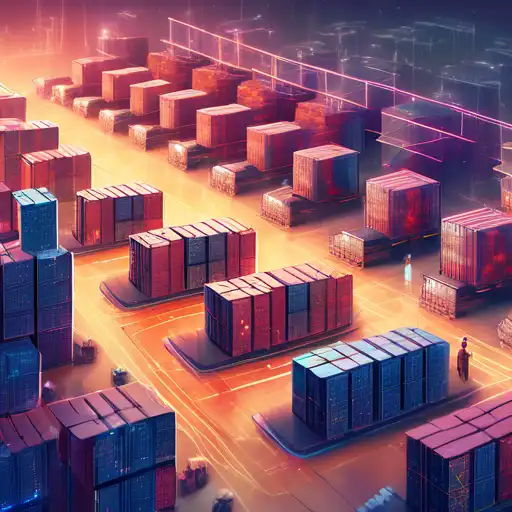The Transformative Impact of Blockchain on Global Supply Chains
In the digital age, blockchain technology is emerging as a revolutionary force in transforming supply chains across the globe. By offering unparalleled transparency, security, and efficiency, blockchain is setting new standards for how goods are tracked, verified, and delivered from manufacturers to consumers.
Understanding Blockchain in Supply Chains
At its core, blockchain is a distributed ledger technology that allows data to be stored globally on thousands of servers. This makes it nearly impossible for one entity to gain control of the network or manipulate the data stored within it. For supply chains, this means every transaction or movement of goods can be recorded in a secure, immutable ledger.
Key Benefits of Blockchain for Supply Chains
- Enhanced Transparency: Every participant in the supply chain can access the same information, reducing communication errors and delays.
- Improved Security: The decentralized nature of blockchain makes it highly resistant to fraud and cyberattacks.
- Increased Efficiency: Smart contracts automate transactions and processes, reducing the need for manual intervention and speeding up operations.
- Better Traceability: Products can be tracked from origin to consumer, ensuring authenticity and compliance with regulations.
Real-World Applications
Several industries are already leveraging blockchain to revolutionize their supply chains. For example, in the food industry, blockchain enables the tracking of produce from farm to table, significantly reducing the risk of contamination and spoilage. Similarly, in the pharmaceutical sector, it ensures the authenticity of drugs, combating the global issue of counterfeit medications.
Challenges and Considerations
Despite its potential, the adoption of blockchain in supply chains is not without challenges. Issues such as scalability, interoperability, and the need for standardization across industries must be addressed to fully realize its benefits. Moreover, the technology requires significant investment in infrastructure and training.
The Future of Blockchain in Supply Chains
As blockchain technology continues to evolve, its impact on supply chains is expected to grow exponentially. With advancements in IoT and AI, the integration of blockchain could lead to even more innovative solutions, further enhancing efficiency, transparency, and security in global supply chains.
For businesses looking to stay ahead in the digital transformation journey, embracing blockchain technology is not just an option but a necessity. The future of supply chains is here, and blockchain is leading the charge.
